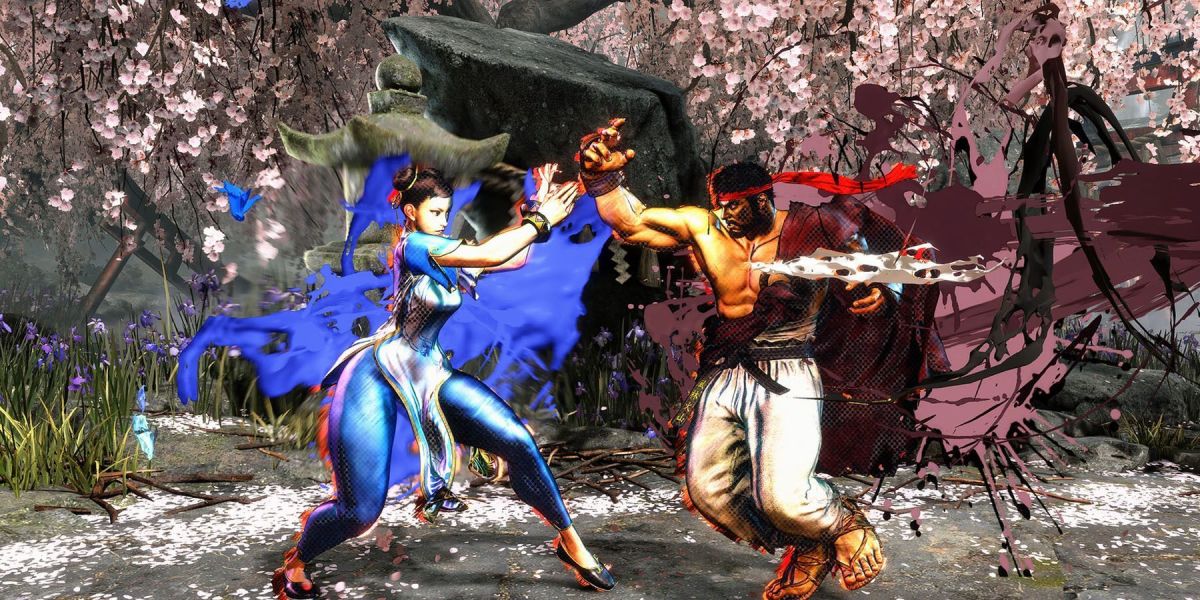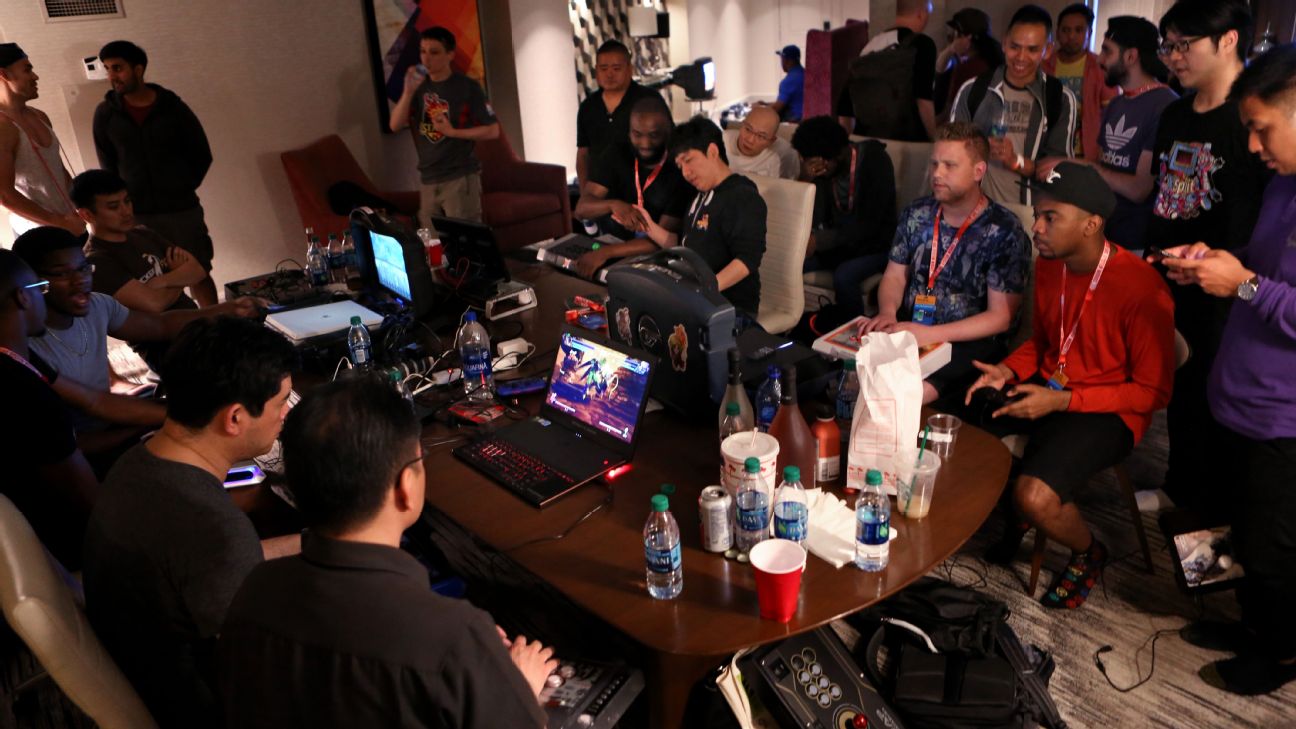In the heart-pounding realm of fighting games, victory isn’t solely determined by lightning-fast reflexes or flawless execution of combos. There’s a deeper, more intricate layer at play—the psychology of mind games. In our latest exploration, “The Psychology of Mind Games: Strategies in Fighting Game Combat,” we delve into the fascinating world of mental warfare within the confines of the virtual arena.
Understanding the Mental Battlefield
Every match in a fighting game is not just a test of skill, but also a battle of wits. The best players are masters of deception and manipulation, using psychological tactics to gain the upper hand over their opponents. From baiting opponents into making mistakes to conditioning them to react predictably, understanding the psychology of mind games is crucial for success.
Reading Your Opponent
One of the fundamental aspects of mind games is the ability to read your opponent—anticipating their moves, understanding their habits, and exploiting their weaknesses. By observing subtle cues such as movement patterns, defensive tendencies, and reaction times, players can gain valuable insight into their opponent’s mindset and adjust their strategies accordingly.
The Art of Pressure and Mindset
Creating pressure is another key component of mind games in fighting games. By maintaining a relentless offense or controlling the pace of the match, players can force their opponents into making rash decisions or second-guessing their actions. Additionally, maintaining a strong mindset is essential for withstanding pressure and staying focused on executing your game plan, even in the face of adversity.
Mind Games Off the Screen
The psychology of mind games extends beyond the virtual arena, often manifesting in real-life interactions between players. Trash talk, taunting, and psychological warfare are common tactics used to unsettle opponents and gain a mental advantage. However, maintaining sportsmanship and respect for your opponent is equally important in fostering a positive and competitive environment.
Adapting and Evolving
In the ever-evolving landscape of fighting games, adaptability is key. Successful players are not only skilled at executing their own strategies but also adept at adapting to their opponent’s tactics on the fly. By staying flexible and continuously evolving their approach, players can stay one step ahead of their competition and emerge victorious in the mental chess match that is fighting game combat.
Conclusion: The Mind’s Crucible
In conclusion, “The Psychology of Mind Games: Strategies in Fighting Game Combat” sheds light on the intricate dance of mental warfare that unfolds within the virtual confines of the fighting game arena. By mastering the art of deception, reading opponents, and maintaining a strong mindset, players can elevate their gameplay to new heights and emerge triumphant against even the toughest adversaries.
Join us as we unravel the mysteries of the mind and uncover the secrets to victory in the exhilarating world of fighting game combat. Embrace the challenge, sharpen your skills, and become a true master of the mind games that define the essence of competitive gaming.




